The Covid-19 pandemic has reshaped everything.
The Covid-19 pandemic has reshaped everything. From global markets around the world plummeting upon the introduction of restrictive measures, leading to shifts in macroeconomic predictions, to consumers re-assessing their daily interactions with individuals.
Consumers abandoned their habits as the virus transmitted around the world. In particular, the Cypriot economy experienced the first negative GDP growth, since the aftermath of the Financial Crisis of 2013, contracting by 6.4% in 2020.
In 2020, inflation (which is measured by the Consumer Price Index (CPI) of the top 100 “basket” of goods and services in the economy), dropped to -0.6%. This is the first time since 2017 that the Cypriot economy has recorded deflation.
This downward decline has also been prominent in the Residential Price Index (RPI), where during the 3rd Quarter of 2020, residential prices dropped by 0.3%.
Consumer price index dropped to -1.9% year on year in February 2021, following a -1.6% fall in the previous month (January 2021) indicating the biggest decline since June 2020. Cyprus continuously remains in deflation and prices continue to decrease mostly for housing and utilities.
It is forecasted that inflation rate will be slightly reduced until the end of the first quarter 2021 (-1.7%) and will reach positive levels (1%) during the second quarter, with small indications of ups and downs until the end of the final quarter.
The European Real Estate market withstood a strong position in 2020 despite the introduction to our temporary “new-norm” of daily life. Real Estate Investment turnover amounted up to €3.05 trillion; a figure being above the 10 Year Average.
However, with our country being heavily reliant on foreign direct investment and tourism, has faced a challenge in the Real Estate Cyprus market.
Amidst a global pandemic, property sales in Cyprus decreased by approximately 23% Year on Year in 2020. Paphos and Limassol, recorded a reduction in sales by 41% and 29% respectively, above the national average drop.
The capital, Nicosia, managed to keep sales increasing by 3%, driven by domestic demand. Despite the total number of property sales being the highest in Limassol 2,480, Nicosia’s status shows that the value per sale is higher than those of Limassol, as it managed to be the runner-up with 2,054 sales in 2020. Nicosia has surpassed Paphos for the first time in 4 years, with sales of approximately 2,000 contracts in 2020, compared to 1,500 contracts in Paphos over the same year.
The abandonment of the Citizen-by-Investment Scheme could have also been a contributing factor for the drop in sales in the Real Estate Cyprus market, in combination with Covid-19. Whilst there was an approximate even split between local and foreign sales in 2018, local sales consisted 67% of sales in 2020.
Paphos, the city which attracts the highest number of foreign investors in the island, still maintained the lead in foreign sales with 1,069 sales, followed by Limassol with 864 sales to foreigners, whilst Nicosia managed to sell to only 228 foreigners. Total sales to non-Cypriots reached 2,985 in 2020.
So, what’s next?
2021 has brought the easing, relaxation and a small lifting of some restrictive measures, whereas the gradual increase of vaccinations in the island indicates a light at the end of a long tunnel.
Macroeconomic indicators and experts forecast a “V-Shaped” bounce, almost to pre-Covid levels as long as the Covid-19 cases are reduced. However, economic consequences of the pandemic might still persist at least for the short-run.
The property market in Cyprus could require a cooling off period before prices begin to increase steadily again, with foreign investors being at heart of the increase in property sales.
It is essential Property Valuations to be done regularly (every 3 months) while property valuers should consider alternative/additional factors to base their opinion rather than exclusively adopting the traditional approach to rely on comparable evidence.
Property Valuers should consider adopting less weight to previous market evidence for comparison purposes, to inform opinions of value. Indeed, the current response to COVID-19 means that we are faced with an unprecedented set of circumstances on which to base a judgment.
Property valuation(s) is / are therefore reported on the basis of ‘material valuation uncertainty’ as per VPS 3 and VPGA 10 of the RICS Red Book Global. Consequently, less certainty – and a higher degree of caution – should be attached to our property valuations than would normally be the case. Given the unknown future impact that COVID-19 might have on the real estate market, we recommend that you keep the property valuations under frequent review.
Lambros Kaloyirou BSc (Hons) MRICS .
Urban Keys Chartered Surveyors Ltd .
www.urban-keys.com.
70, 28TH October Ave 2414, Nicosia, Cyprus.
Telephone: +357 22 27 00 19 .
E-mail: info@urban-keys.com.




